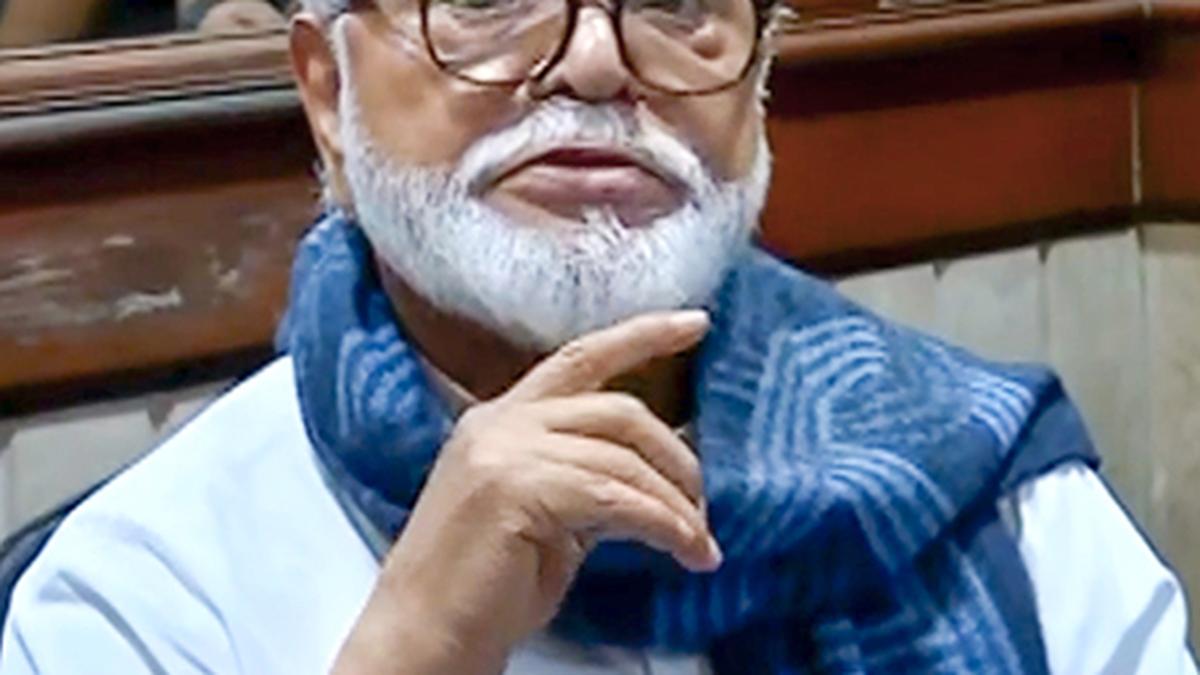Days after the Supreme Court gave the go-ahead for the Maharashtra local body elections without the Banthia Commission recommendations on OBC reservation, Maharashtra Minister Chhagan Bhujbal has torn into the commission appointed by the State government in 2022 over the issue.
When asked if the State government will now withdraw the report submitted before the Supreme Court, the Minister said it would not matter as the nine-member Bench’s judgment in the Indira Sawhney case would stand valid.
In an interim order, the Supreme Court recently directed the Maharashtra State Election Commission to hold the pending local body elections in the State along with the OBC reservation status that existed before 2022 when the Banthia Commission had submitted its report.
“Reservation shall be provided to the OBC communities as per the law as it existed in the State prior to the 2022 report of the Banthia Commission,” the court stated in its order.
Hitting out at the Banthia Commission for its methodology of conducting the survey, Mr. Bhujbal said, “Within one month, is it possible that sitting at home, sitting in air-conditioned places, can you have the caste census all over Maharashtra? For example, I will tell you. Gaikwad is a surname. When the commission was going through the electoral rolls, the officers marked ‘Gaikwad’ as Maratha. But Gaikwad is an SC too, an OBC too, even a Mali community member. I don’t agree with the Banthia Commission report, but because, at that time, there was the Supreme Court which was sitting on our State government’s head, and we had to submit that report.”
The Minister said that he had also raised the issue with the then Chief Minister Uddhav Thackeray, as he was a part of the Cabinet even then.
“I was told that if we don’t submit this report, we will have to conduct the elections with zero reservation for the OBCs. So I let it be at that time,” he said.
Mr. Bhujbal punched holes in the committee report. “When the copy (of the Banthia Commission report) came to me, I found that in Sinnar, one of the talukas of Nasik district, in four places, there were zero OBCs, as per the report. I said, it is not possible. I sent my people from Nasik to those villages. In one village, an OBC was the sarpanch. In another village, there were five OBCs elected in the gram panchayat. I told this to Uddhavji. I asked him, ‘What is it going on? Is this the way?’ And some people, they purposely called the Collectors to tell them that the OBC percentage in that district should be limited to a particular figure. Uddhavji told me that in 92 places we had to conduct elections with zero reservation for the OBCs. Let it go, otherwise we will get nothing.”
The Minister claimed that as per the 1931 census, OBCs were 54 per cent and should get 27 per cent reservation. “In some places, Banthia Commission said that there were very few OBCs. For example, in Mumbai, he said there were only six per cent OBCs. What is he saying? Here, all the hard-working communities are from the OBC class – whether they are coolies on the railway stations. Even those from U.P. – the Yadavs, Kurmis, Kushwahas. They are all OBCs. And what does he say? How can it be six per cent?” he asked.
He also claimed that there was an internal tussle within the Banthia Commission, and one of the members challenged the former bureaucrat.
He said that at that time, they let it go as the Supreme Court had sought a time-bound report for the holding of elections.
Madhya Pradesh model
The State Minister said that the Maharashtra government had followed the Madhya Pradesh model while appointing the Banthia Commission for the OBC reservation. But the Banthia Commission did not deliver due to time constraint. “We don’t agree, I don’t agree with the Banthia Commission, but because, at that time, the Supreme Court was sitting on the State government’s head, we had to give it.”
When asked if the government would now withdraw the report, he said it would not matter. “Till then, my election should be there and we will fight it out thoroughly. The nine-member Bench order of the Supreme Court in the Indira Sawhney case is already there. We will show it. This time, there was not enough time. Now, when the case continues, it will take years together. And, by that time, as the Prime Minister has declared, there will be a caste census. With the caste census, it will be crystal clear,” he said.
(The video of the full interview of Maharashtra Cabinet minister Chhagan Bhujbal can be watched on ‘Pulse Maharashtra’ on The Hindu’s YouTube channel)
Published – May 27, 2025 04:42 pm IST



